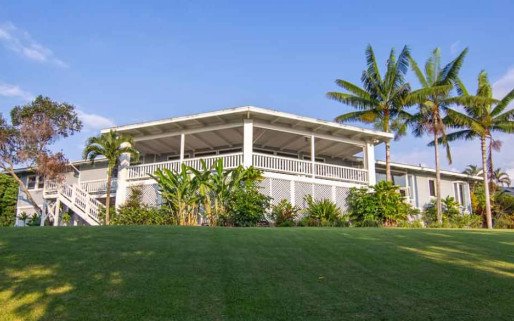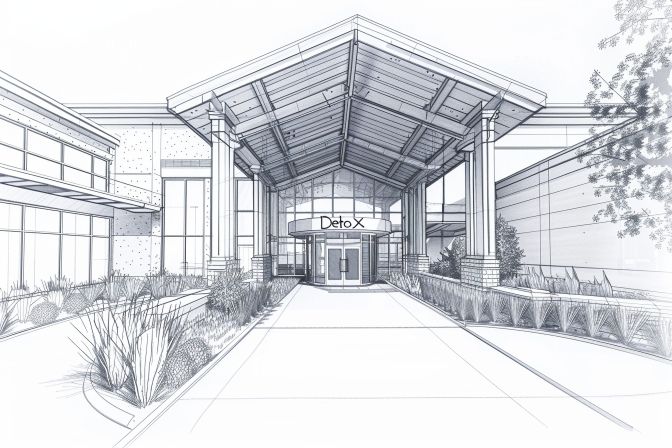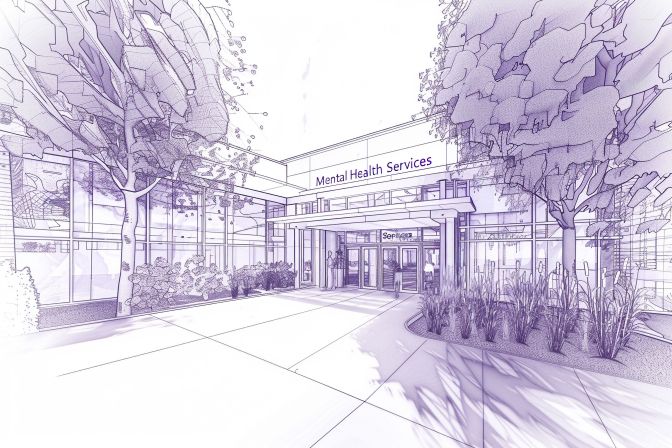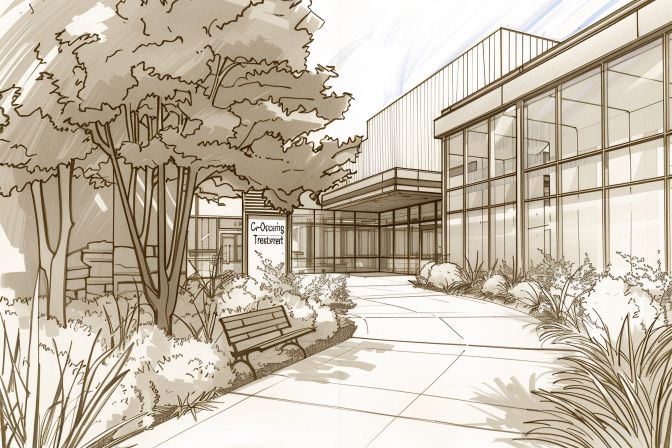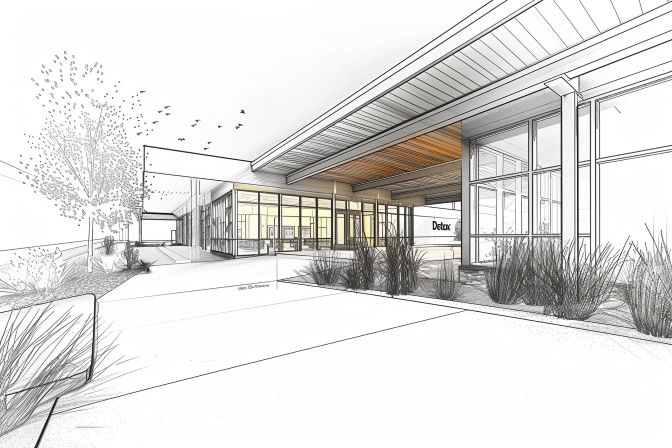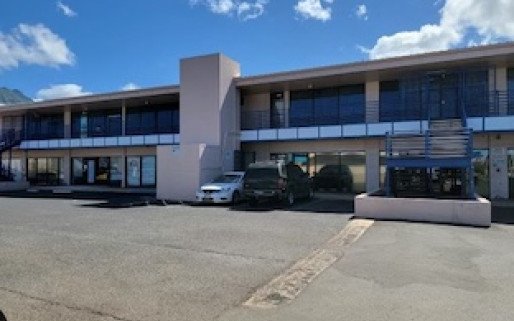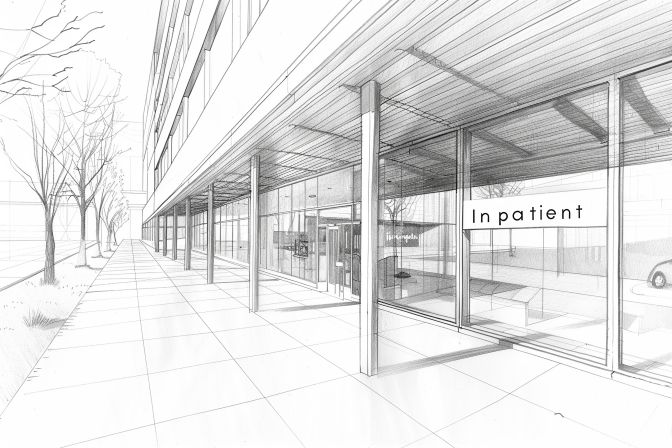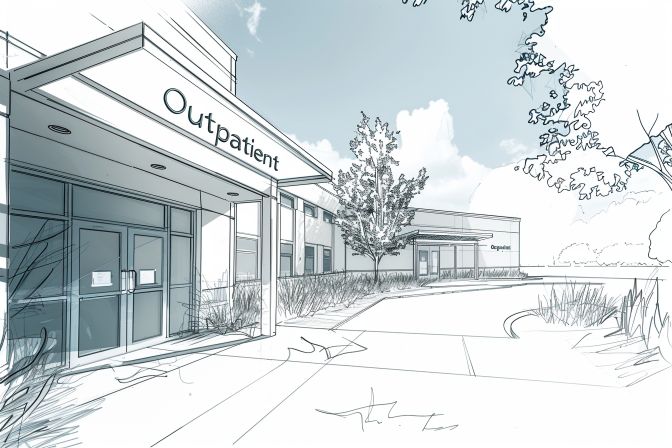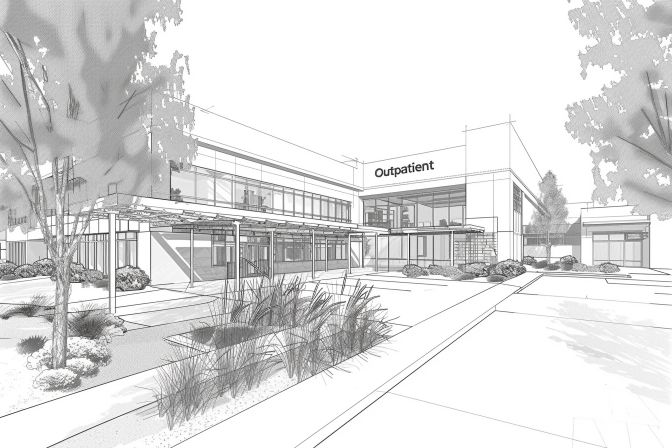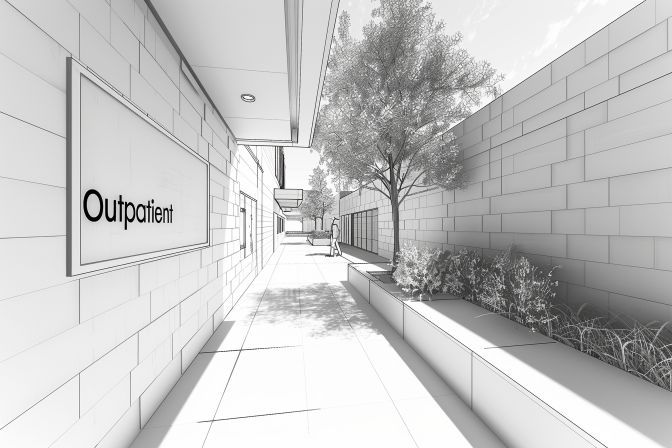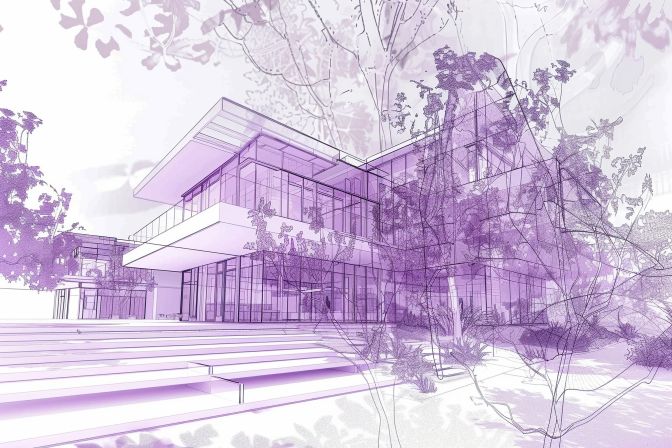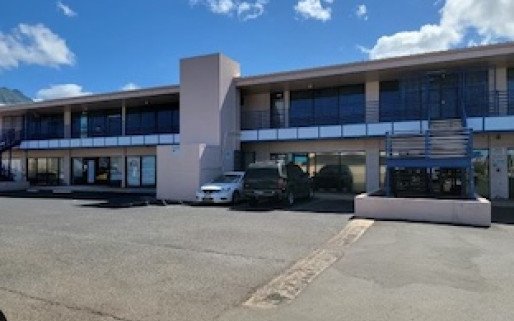Addiction Support Groups Serving Hawaii
Support groups offer a safe and structured environment alongside fellow sufferers to gain control of substance use disorders (SUDs). Support groups are also dedicated to helping families and friends of people struggling with SUDs.
-
Alcoholics AnonymousVisit Website
Support group open to anyone suffering from an alcohol use disorder. Follows a 12 step program approach.
-
Narcotics Anonymous 818-773-9999Visit Website
12 step program operating across the country for anyone suffering from drug addiction or a substance use disorder
-
SMART RecoveryVisit Website
Alternative to 12 step programs, incorporating behavioral therapy approaches designed to alter behaviors towards substance abuse.
-
Al-Anon Family GroupsVisit Website
Anonymous support for families and loved ones of people suffering from an alcohol use disorder.
-
Parents of Addicted Loved Ones 480-300-4712Visit Website
Online, telephone, and in person resources for parents with children abusing substances. Has religious roots but is open to all.
-
ARCO Recovery Community Organization LocatorVisit Website
Working with non-profit organizations to change perceptions of substance abuse and offer support. Peer recovery support is also available.
-
Nar-AnonVisit Website
Support for families, friends, and loved one of those suffering from drug addictions.
-
Dual Recovery AnonymousVisit Website
A 12 step program designed for those with a substance use and co-occurring disorder.
-
Gamblers AnonymousVisit Website
12 step program offering support, guidance, and resources for those with a gambling disorder.
-
Cocaine AnonymousVisit Website
Anonymous support for those suffering from a cocaine use disorder using the 12 step method.
-
Crystal Meth AnonymousVisit Website
12 step program designed specifically to help those with a crystal meth addiction.
Counseling and Therapy Resources Available in Hawaii
Counselors and therapists are equipped to help people with substance use disorders understand where their addictive behavior stems from, develop tools to control cravings, and explore further treatment options.
https://health.hawaii.gov/substance-abuse/prevention-treatment/
Treatment and addiction counseling resources
-
Substance Abuse and Mental Health Services Administration (SAMHSA) 800-662-4357Visit Website
The country's leading resource for substance abuse and mental health counseling.
-
Total Health Guidance 321-332-6984Visit Website
Wellness and mental health resources for children, young people, and adults
-
ABPM Physician LookupVisit Website
A full database of physicians specializing in addiction treatment and recovery
-
Partnership for Drug-Free Kids HotlineVisit Website
Specializing in preventative treatment and counselling for substance abuse in children
-
AAAP Member Addiction Psychiatrists 401-524-3076Visit Website
Directory provided by the American Academy of Addiction Psychiatry for treatment of substance use disorders and co-occurring conditions
-
NAMI Helpline 800-950-6264Visit Website
Helpline for questions and resources relating to mental health and substance abuse
-
Mental Health America Local Affiliates 703-684-7722Visit Website
Help and support for navigating treatment options in specific locations.
-
APA Psychologist Locator 800-374-2721Visit Website
Official register of licenced psychologists provided by the American Psychological Association

